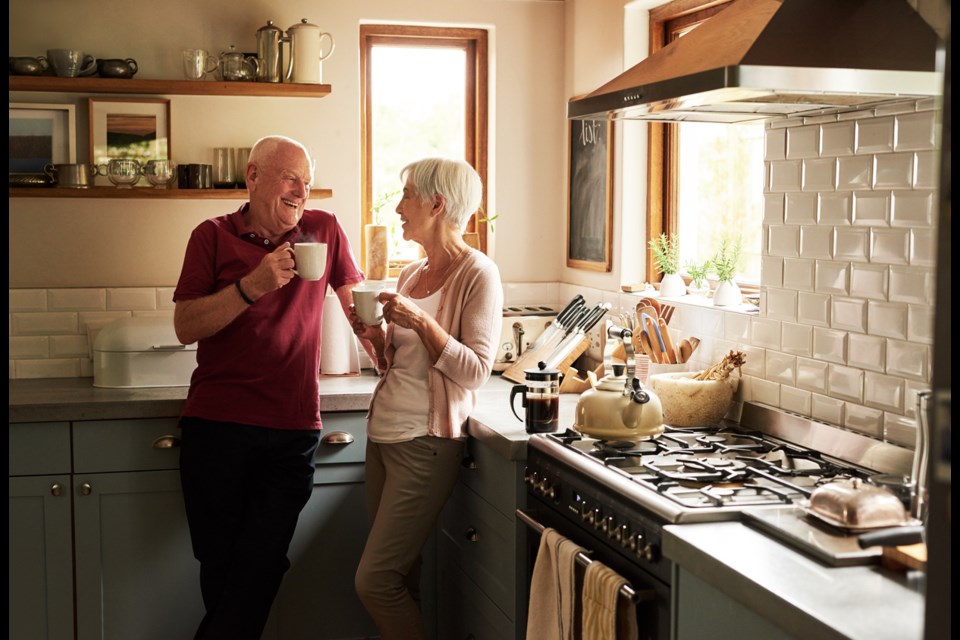Are you a senior who has worked your entire life, secured the traditional financial resources to live comfortably into your retirement—or so you thought—only to find yourself facing a significant funding gap?
If so, you're not alone.
"Four out of five Canadian seniors are living with some level of financial anxiety," says Ben McCabe, founder and CEO of , a Canadian financial services company operating in sa国际传媒 and Ontario.
"Unfortunately, many seniors don't have sufficient pension income or retirement savings to sustain the standard of living they became accustomed to during their working years through their full retirement."
As a result, many seniors across the country are postponing their retirement. However, there is another option. Bloom has a solution to how you can maintain the standard of living you had while you were working as you transition into retirement.
If you're a 55-plus homeowner, there is a financial tool available that may be a good solution for you—a reverse mortgage.
A reverse mortgage allows you to access tax-free funds from the value in your home, without having to sell. Canadian seniors can access up to 55% of the value of their home while continuing to own 100% of their home and retaining control.
Current market conditions accelerate demand

Vancouver Island Boomers have experienced unprecedented levels of property price appreciation over the last two decades, particularly in the past few years.
This is great news, as you probably have more home equity than you realise.
"There's no reason for Canadian homeowners aged 55 plus to feel financial anxiety when they’re sitting on such significant wealth in home equity," says McCabe. "A reverse mortgage is a great way to tap into that wealth to live well in retirement."
Bloom's goal is to help people access their equity as if they were accessing any other retirement or wealth account and strives to make it as simple as withdrawing from an RRSP. They'll show you how simple and easy accessing your home equity can be.
"With interest rates rising, traditional mortgages are becoming more expensive, and many people are struggling with the payments," explains McCabe. "A reverse mortgage has no payments, and you don’t pay tax on the money you borrow, so it’s a great solution for people who need to preserve cash flow."
With a reverse mortgage, interest is added to the balance over time, and the loan becomes repayable when the borrowers no longer occupy their home as their principal residence, either because they have passed away or because they sell their home.
Reversing the trend

Many are realizing that a lot of the ideas and interpretations they had about reverse mortgages are misconceptions, with one such prominent myth being that seniors won't have any equity left in their homes.
However, McCabe says that with the benefit of even modest home price growth, home equity will usually grow with the reverse mortgage. He states, "99% of reverse borrowers have equity in their homes when the mortgage comes to an end, and, for most, it's more than 50% of their home value."
A reverse mortgage is becoming more attractive for many reasons and could be exactly the right tool at exactly the right time.
"When people look at their overall financial situation, they see how much of their wealth is tied up in home equity," says McCabe. "It's becoming clearer that accessing that home equity in some way is a prudent retirement planning decision."
"Consider what kind of retirement is available to you if you took into account your whole financial picture," advises McCabe. "If you want to get a better idea of what that looks like, you can get a no-obligation quote from us anytime."
For more information about whether a reverse mortgage is right for you, visit, or call 1-866-882-5666.



